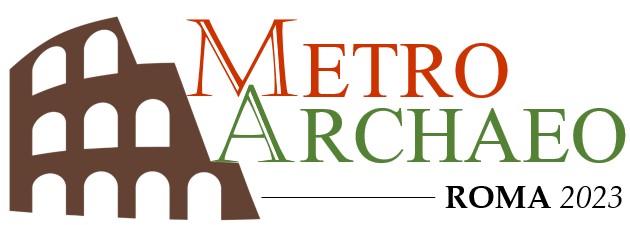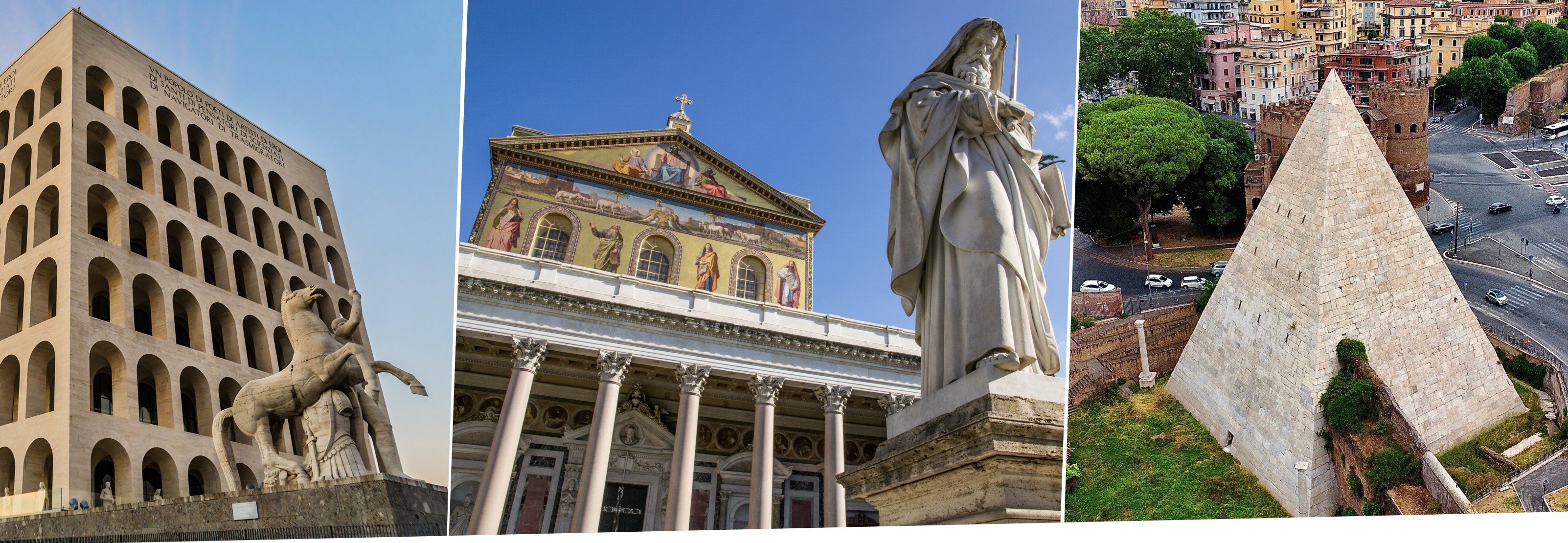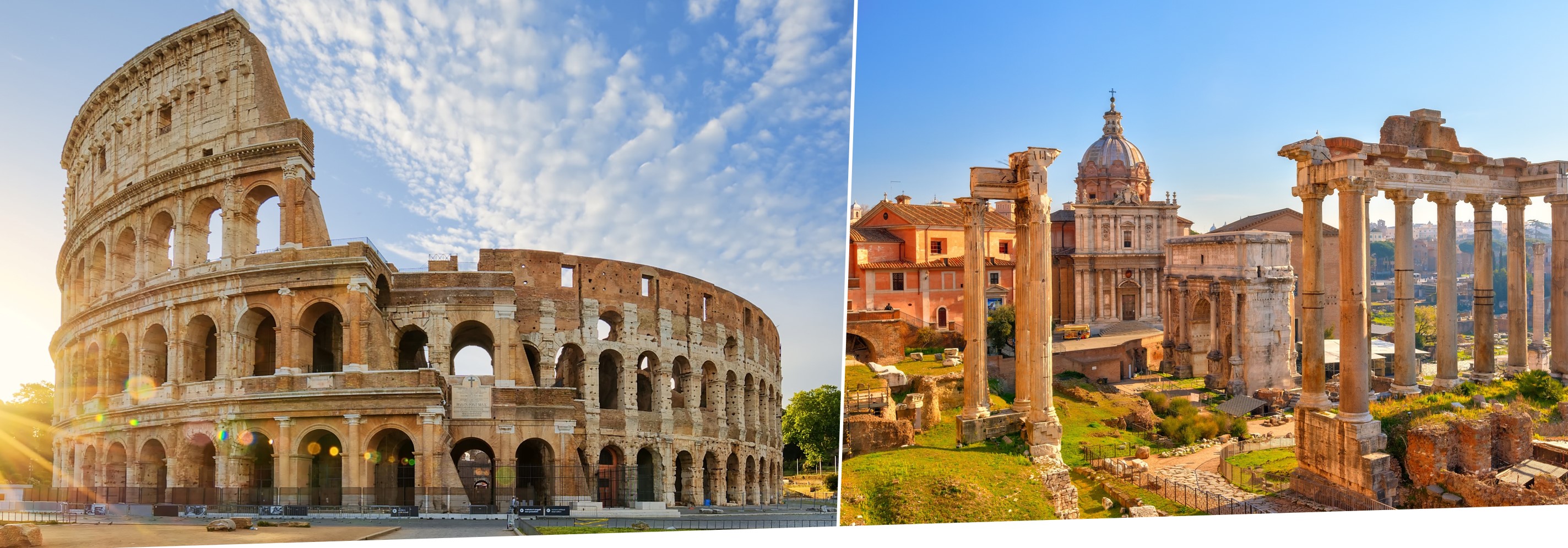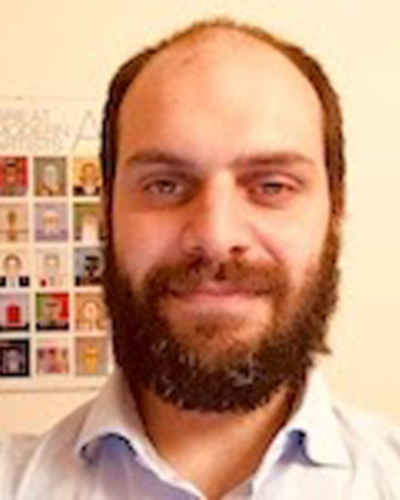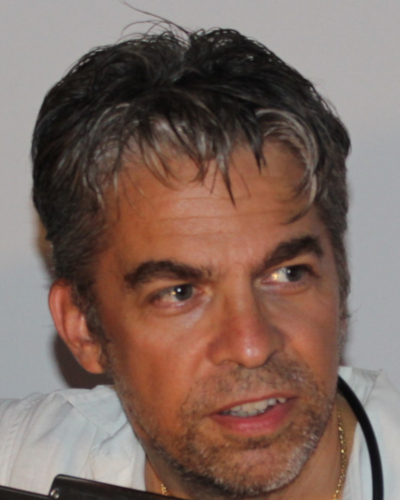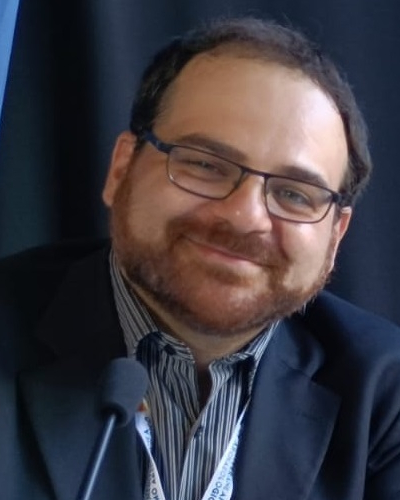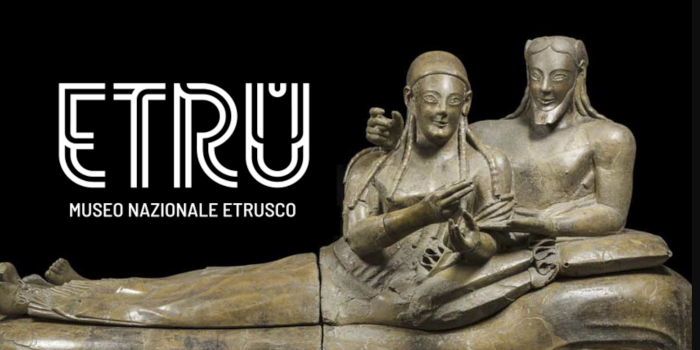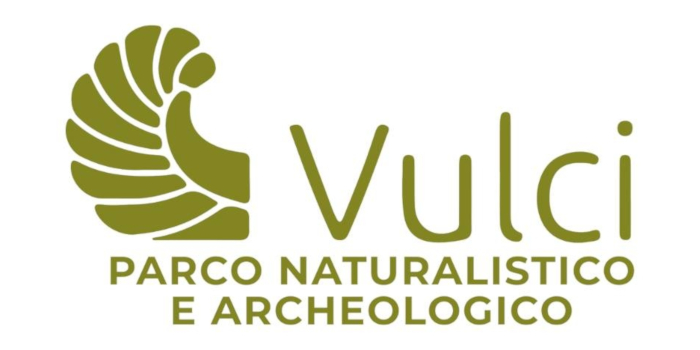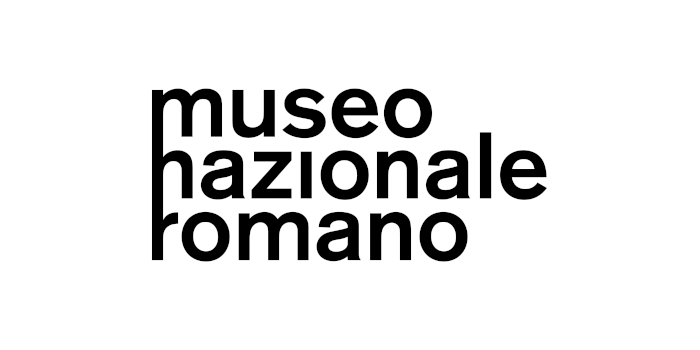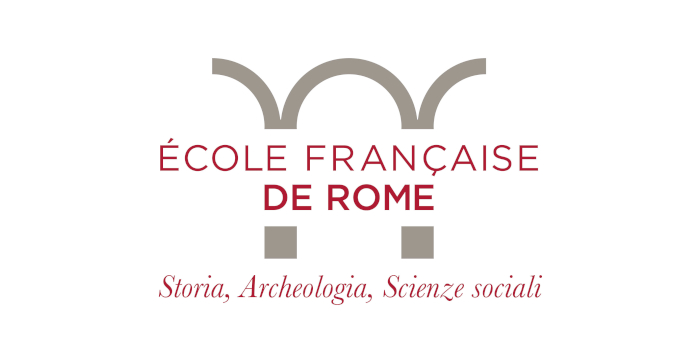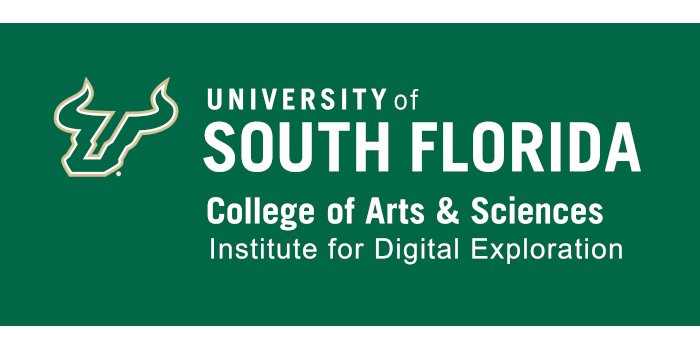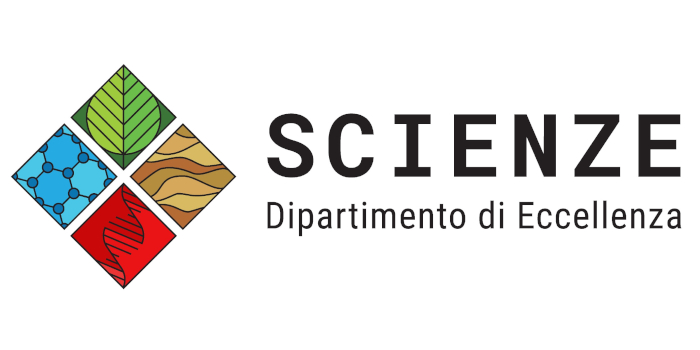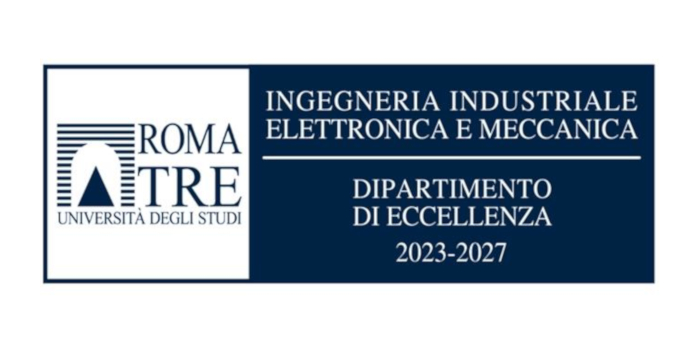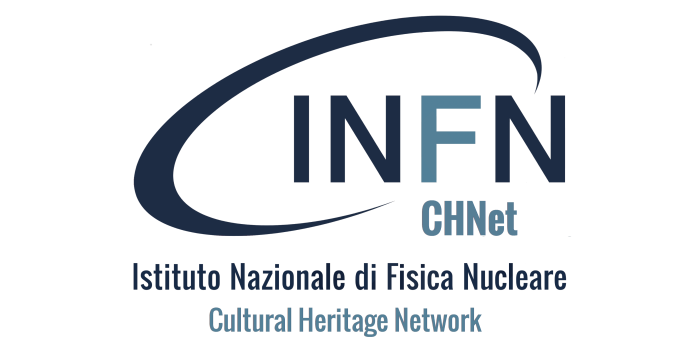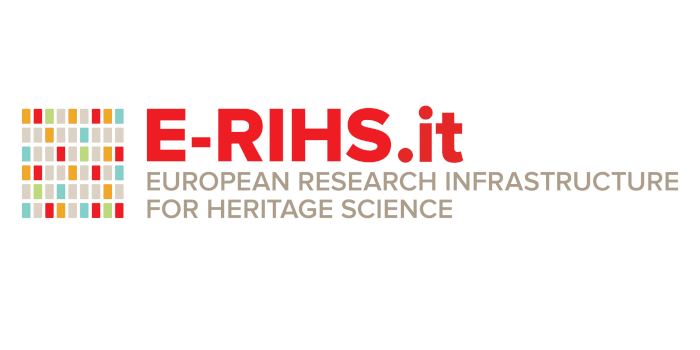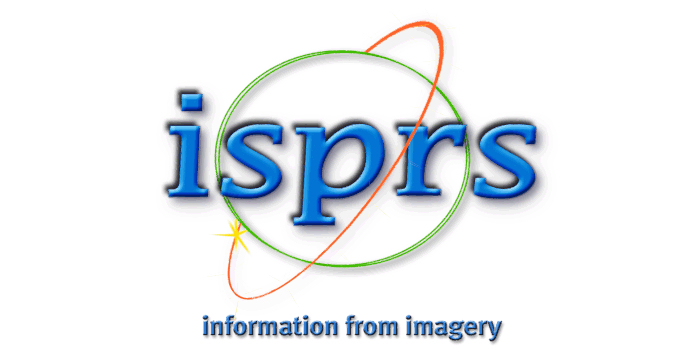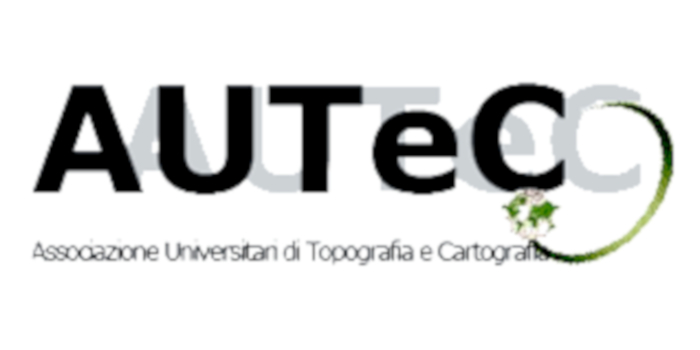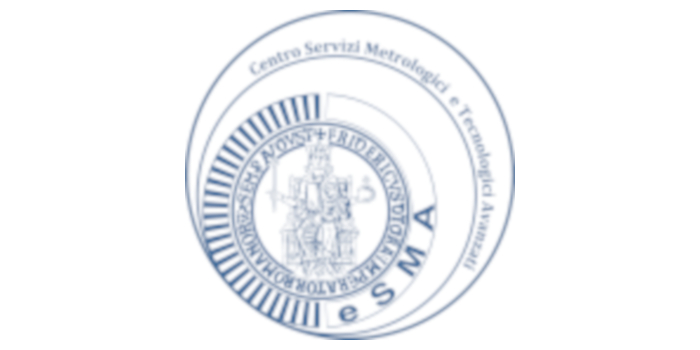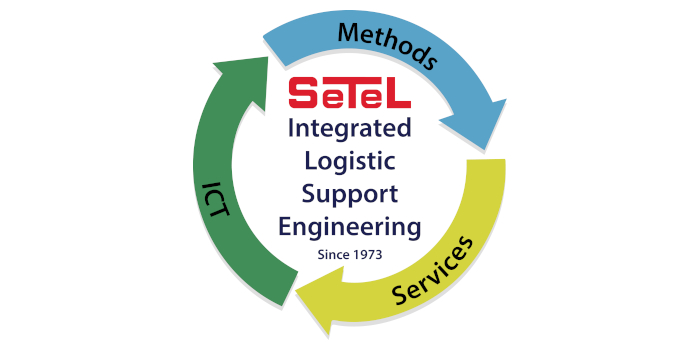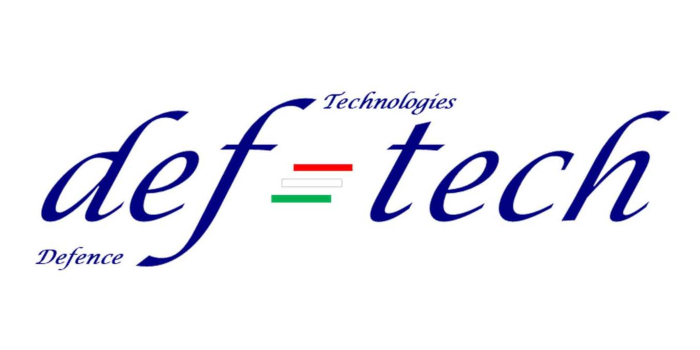SPECIAL SESSION #20
GENIUS LOCI: Methods and code for measuring historical phenomena, ancient landscape dynamics, and mechanisms through IT heritage methodologies
ORGANIZED BY
Paolo Rosati
DigiLab Sapienza Università di Roma, Italy
Augusto Palombini
CNR ISPC, Italy
Saverio Giulio Malatesta
DigiLab Sapienza Università di Roma, Italy
ABSTRACT
Since ancient times, measuring space and time has been one of the prerogatives of complex human groups that became civilisations. From a lexical point of view, the main distinction between civilised and non-civilised peoples is in knowing how to design. It is the prerogative of civilisation to be able to create cities, monumental complexes, drainage, roads, hydraulic systems, art, objects, mechanical systems and automation.
Design is the art of combining natural, human and technological resources over time, having the perspective of the systems' long or very long life to be realised. In this session, we want to hold talks on the measurement of the earth, and the traces of ancient design of systems at various scales: geographical, topographical, urban, architectural and mechanical. Interventions in history and archaeology also declined using new technologies (CAD, GIS, 3D Modelling/rendering, 3D Printing, AI, and Coding). Methods and code to find the traces of the Genius Loci, i.e. the minds that modelled landscape systems, cities and Mirabilia of antiquity (not necessarily Roman) with their metrological systems.
ABOUT THE ORGANIZERS
Paolo Rosati - Board member of ArcheoFOSS APS and organiser of the 14th-15th-16th ArcheoFOSS Open software, hardware, and processes (conferences years 2020, 2021, 2022). As president of Una Quantum Inc. from 2015 to 2020, managed a team of researchers in archaeology and digital innovation. During those years, this team developed new functions for Pyarchinit, the first Open Source Qgis plug-in for archaeologists. I am the teaching team leader with eight years of experience in Qgis for the humanities. Graduated in 03/2012 with an average grade of 30/30, the thesis was judged "110/110 cum laude", and the thesis was officially named on 22/04/2013 as "Excellence of La Sapienza University of Rome" on "New Gis Applications in Medieval Archaeology". The PhD was awarded on 04/2016 at the University of L'Aquila with research on the economic sustainability of software development in archaeology and the development and application of new open-source methods in the humanities. From 2018 to 2021 post-doc at Sapienza University of Rome in the ERC project led by Prof. Paola Buzi: PAThs "An Archaeological Atlas of Coptic Literature". In 2022 I'm a member of the Albania and Sudan mission of Sapienza University of Rome. Since 2022 post-doc at the Digilab https://digilab.uniroma1.it of La Sapienza University and, for the laboratory itself, I am one of the managers of the PNRR heritage projects. Drone driver and mission manager. Scientific Director of the "Villa Garibaldi Museum of Cultures" in Riofreddo (Rm) years 2020-2023 and the Museum Oraziano in Licenza (Rm) year 2023.
Augusto Palombini - Archaeologist, PhD. Senior Researcher at Italian National Research Council - Institute of Cultural Heritage Science. Author of more than 80 scientific publications and dissemination works. Founding member of the Italian Archaeologists Confederation. His research activity is focussed on landscape archaeology, virtual museums, digital storytelling, public archaeology and Cultural Heritage dissemination, computer science and multimedia solutions applied to Cultural Heritage and topographic surveying, particularly dealing with open source software. In the last years he has been involved in 6 EU research project, and, Since 2018 onwards, he is scientific director of the “Archeovirtual” International Exhibition at the annual "International Archaeological Tourism Exchange" in Paestum.
Saverio Giulio Malatesta - Cultural project manager, research fellow in technologies for the innovative enhancement of cultural heritage, graduate in archaeology, professor of Communication of Cultural Heritage and the Territory. Sensitive to the issues and problems of communication and the enhancement of cultural heritage, he has combined his training as an archaeologist with a course of study and experience oriented towards planning and design in the context of heritage, as well as the creation of innovative ways of transmitting the cultural message. He writes and collaborates for various specialist and non-specialist magazines, speaking at conferences focused on archaeology, on technologies applied to Cultural Heritage, dedicated to the theme of data sharing or on the enhancement of cultural heritage in general. He coordinates the Archeo & Arte3D Lab, a laboratory of cultural planning and technological innovation of the interdepartmental research centre the DigiLab Sapienza University of Rome.
